GUT Feeling: A Comprehensive Understanding of Leaky Gut

In the world of digestive health, there's a term that's been getting a lot of attention lately – "Leaky Gut" It might seem like a trendy word, but understanding what it's all about is key to keeping yourself healthy.
This guide breaks down Leaky Gut, covering its causes, symptoms, and practical ways to manage and heal this often overlooked aspect of gut health. Let's make it simple!
Decoding the Puzzle: What Is Leaky Gut Syndrome?
Leaky gut syndrome, or LGS, is a term used to describe a situation where the walls of the intestines aren't as tight as they should be. It's like having tiny openings that let unwanted things, such as bacteria and toxins, pass through and get into our blood.
Imagine your intestines as a protective barrier. When there are gaps in this barrier, things that shouldn't get through manage to sneak into places they shouldn't be. This can cause problems in our bodies and might even play a role in diseases like Crohn's.
Identifying the Culprits: What Could Be Causing Leaky Gut
Leaky Gut Syndrome can be triggered by
Long-term deficiencies in zinc, vitamin A, and vitamin D, coupled with high intake of sugar, genetically modified foods, dairy, and grains.
Prolonged stress can contribute to the occurrence of conditions like leaky gut syndrome.
Regular alcohol consumption puts individuals at risk of developing Leaky Gut Syndrome.
Usage of NSAIDs like ibuprofen can increase permeability, leading to leaky gut syndrome.
Symptoms: What Leaky Gut Might Look Like
A leaky gut can manifest in various ways, extending beyond digestive troubles:
- Joint pains
- Food sensitivities/allergies/intolerances
- Fatigue
- Nutrient deficiencies
- Sugar/carbohydrate cravings
- Bloating, cramping, and gas
- Skin issues (acne, rosacea)
- Inflammatory bowel problems (IBS, Crohn's, Ulcerative Colitis)
- Thyroid/adrenal issues
- Chronic fatigue or fibromyalgia
- Autoimmune disorders
- Mood issues (anxiety, depression, ADHD)
How to Deal With Leaky Gut
Individuals are advised to make dietary and lifestyle changes for recovery:
- Dietary Changes
- Increase consumption of probiotics for improved gut bacteria.
- Boost prebiotic fibre intake with whole grains and vegetables.
- Reduce sugar consumption.
- Limit meat, dairy, and egg intake.
- Lifestyle Changes
- Establish a regular exercise routine.
- Ensure 6-8 hours of quality sleep daily.
- Avoid self-medication
- Quit smoking
- Quitting smoking can lead to a reduction in systemic inflammation, which is crucial in managing leaky gut disease.
- Smoking makes inflammation (swelling and irritation) worse, but when you quit smoking, your body can start to heal the lining inside your gut.
- Quitting smoking promotes a healthier gut environment, potentially aiding in the repair of the intestinal lining and reducing the permeability associated with leaky gut disease.
- Supplement Support
- L-Glutamine, an amino acid, stands out for its role in restoring the intestinal lining.
- Marshmallow Extract: Soothing Gut Support, Derived from marshmallow plant roots, this extract forms a protective layer in the digestive tract, easing irritation and inflammation.
- Gut Guard: Comprehensive Gut Defense. A supplement combining probiotics, prebiotics, and digestive enzymes to fortify gut health, promoting balance and resilience.
- Herbagut: Herbal Harmony for Digestion is An herbal blend featuring digestive-supporting herbs like ginger and liquorice, aiming to promote a balanced and efficient digestive system.
These supplements—Glutamine, Marshmallow Extract, Gut Guard, and Herbagut—each bring their unique strengths to the table, offering a spectrum of support for individuals seeking to enhance and maintain their gut well-being. it's advisable to consult with a healthcare professional to ensure they align with your specific health needs.

Regaining a Healthy Gut: Practical Steps
- Remove Stressors
Identify and eliminate factors that harm gut flora and the intestinal barrier.
- Address Food Sensitivities
Identify and remove foods causing sensitivities.
- Boost Stomach Acid Levels
Consume apple cider vinegar or lemon juice before meals to enhance stomach acid levels.
- Enzyme-Rich Foods
Include enzyme-rich foods like pineapple, papayas, mangoes, honey, bananas, avocados, kefir, sauerkraut, kimchi, miso, kiwifruit, and ginger.
- Relaxed Eating
Eat in a relaxed state, chew well, and consider breathing exercises before meals to activate digestion.
- Fermented Foods
Incorporate fermented foods like sauerkraut, kanji, homemade pickles, kimchi, and kombuchas into your diet.
- Gut-Healing Herbs
Consume herbs like marshmallow root, slippery elm, aloe vera, and turmeric known for their gut-healing properties.
- Address Intestinal Pathogens
Seek treatment for any intestinal pathogens or parasites.
- Stress Management
Actively manage stress through meditation, yoga, massages, hot and cold showers, journaling, and grounding techniques.
Empowering Your Gut Health Journey
In conclusion, understanding and addressing Leaky Gut is a game-changer for your overall well-being. By making simple yet impactful changes to your diet and lifestyle, you're not just healing your gut; you're nurturing the foundation of your health.
So, listen to your gut feeling—it's more than just intuition. It's your body's way of signalling what it needs. Invest in your vitality by embracing the practical steps outlined here. Seek professional advice, adopt a gut-friendly lifestyle, and watch as your health transforms.
Understanding and taking care of your gut is like tending to a garden. The right choices help it thrive, keeping you in top-notch health.
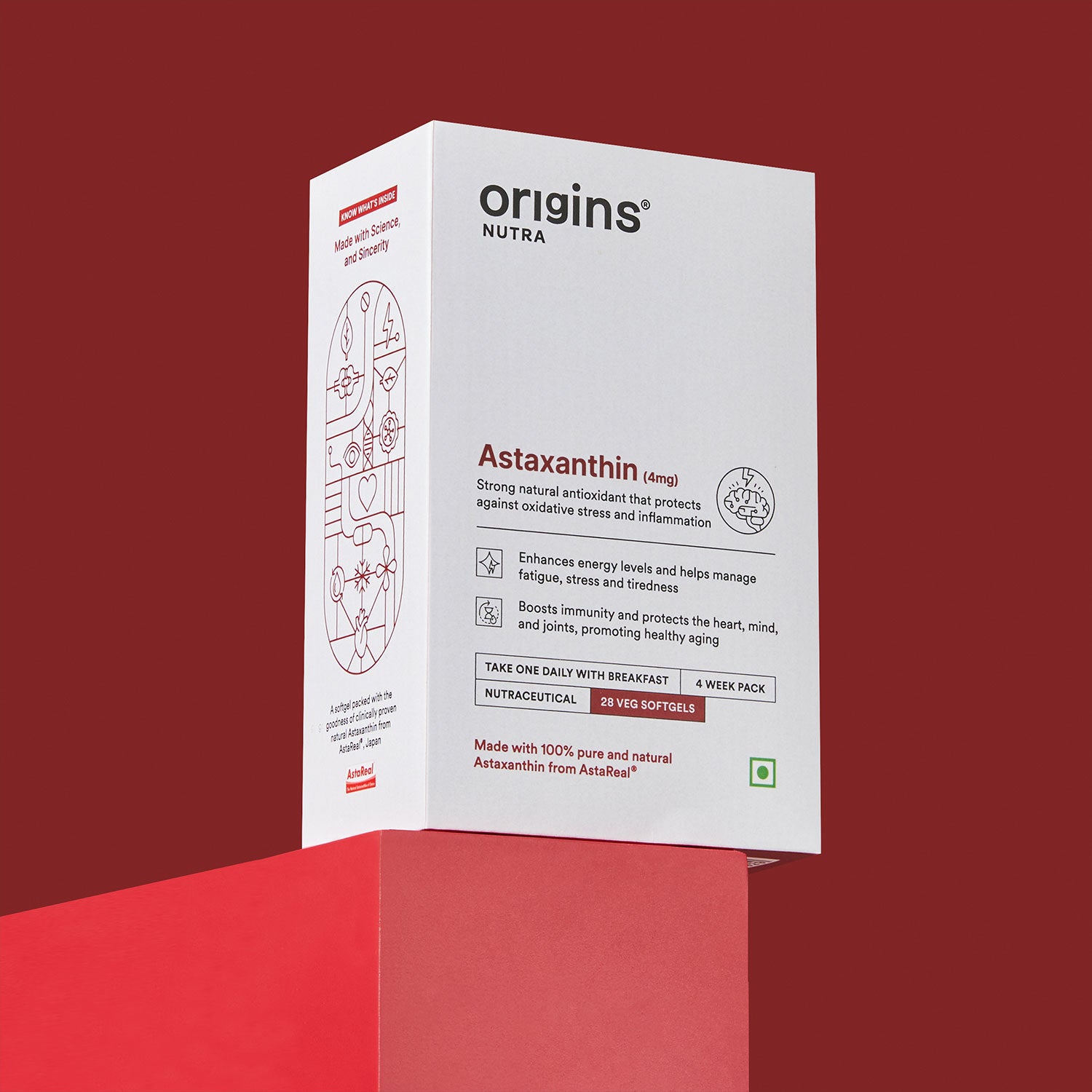
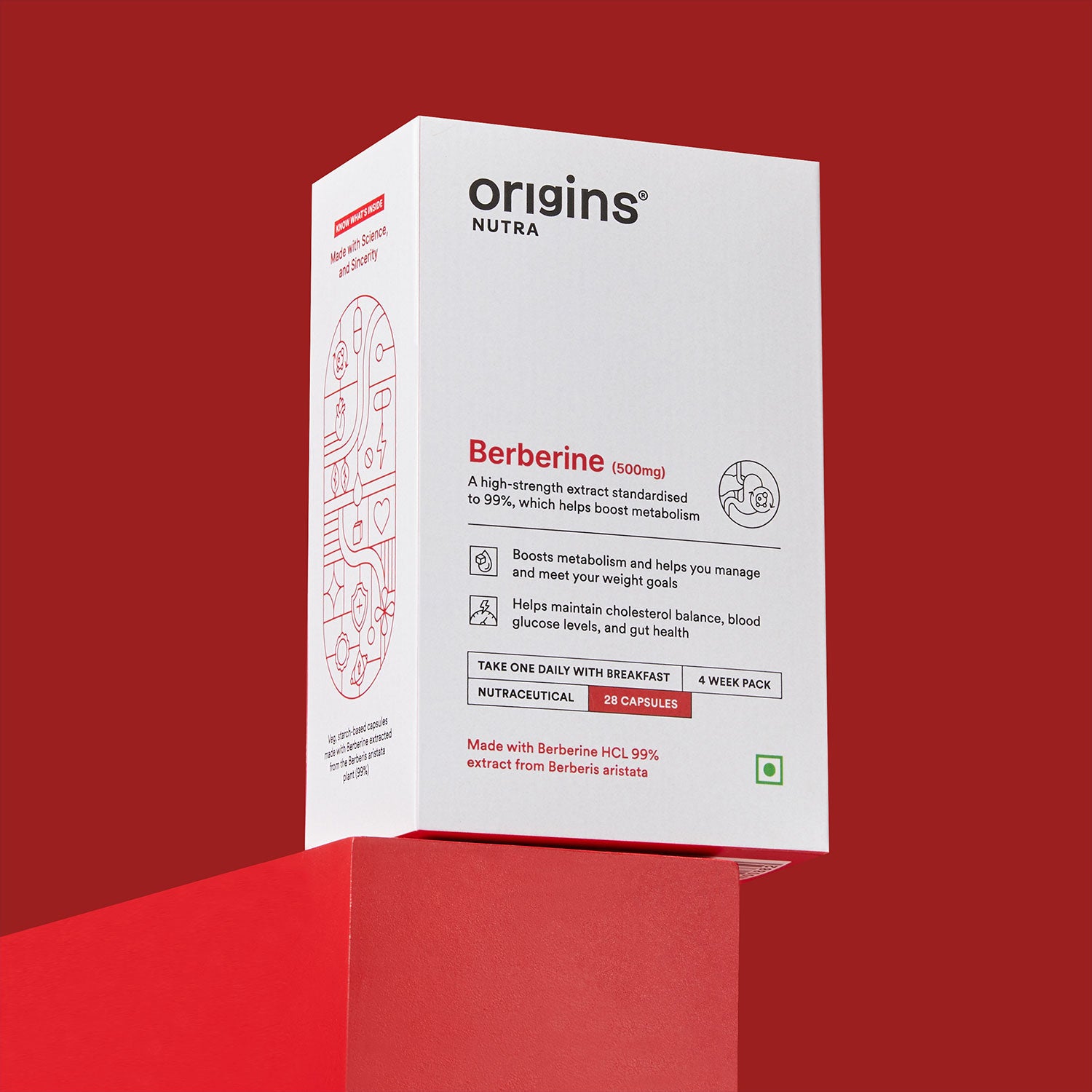
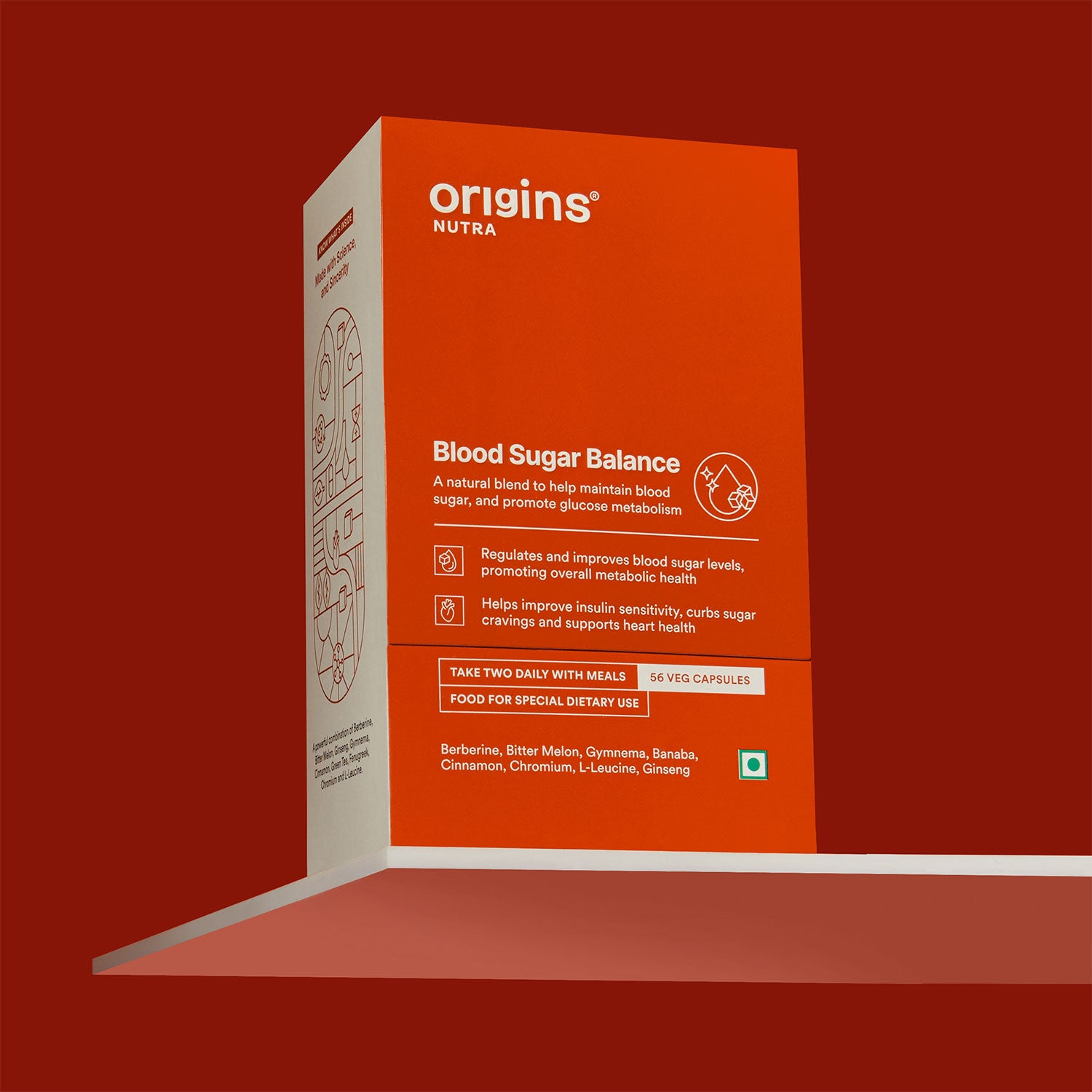
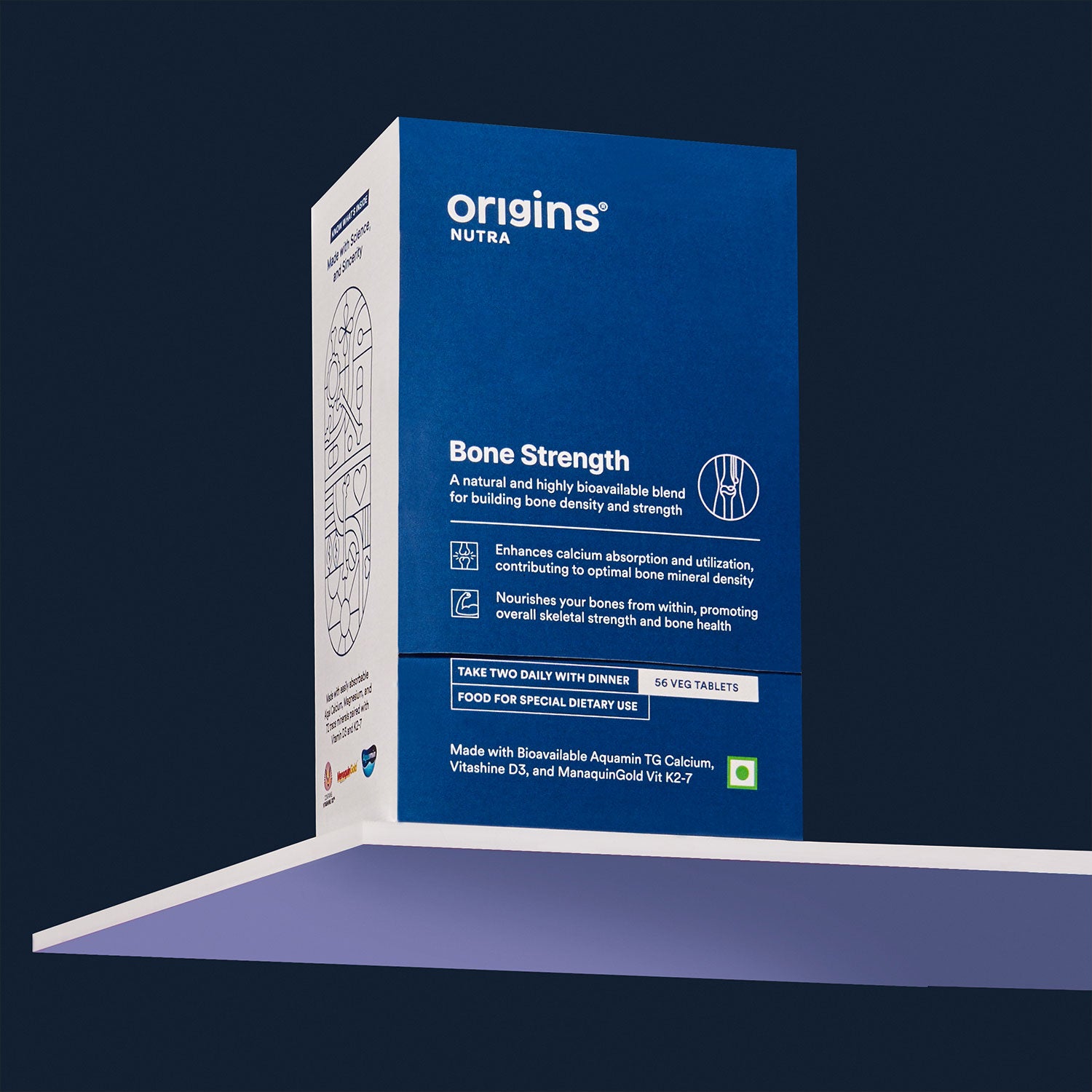
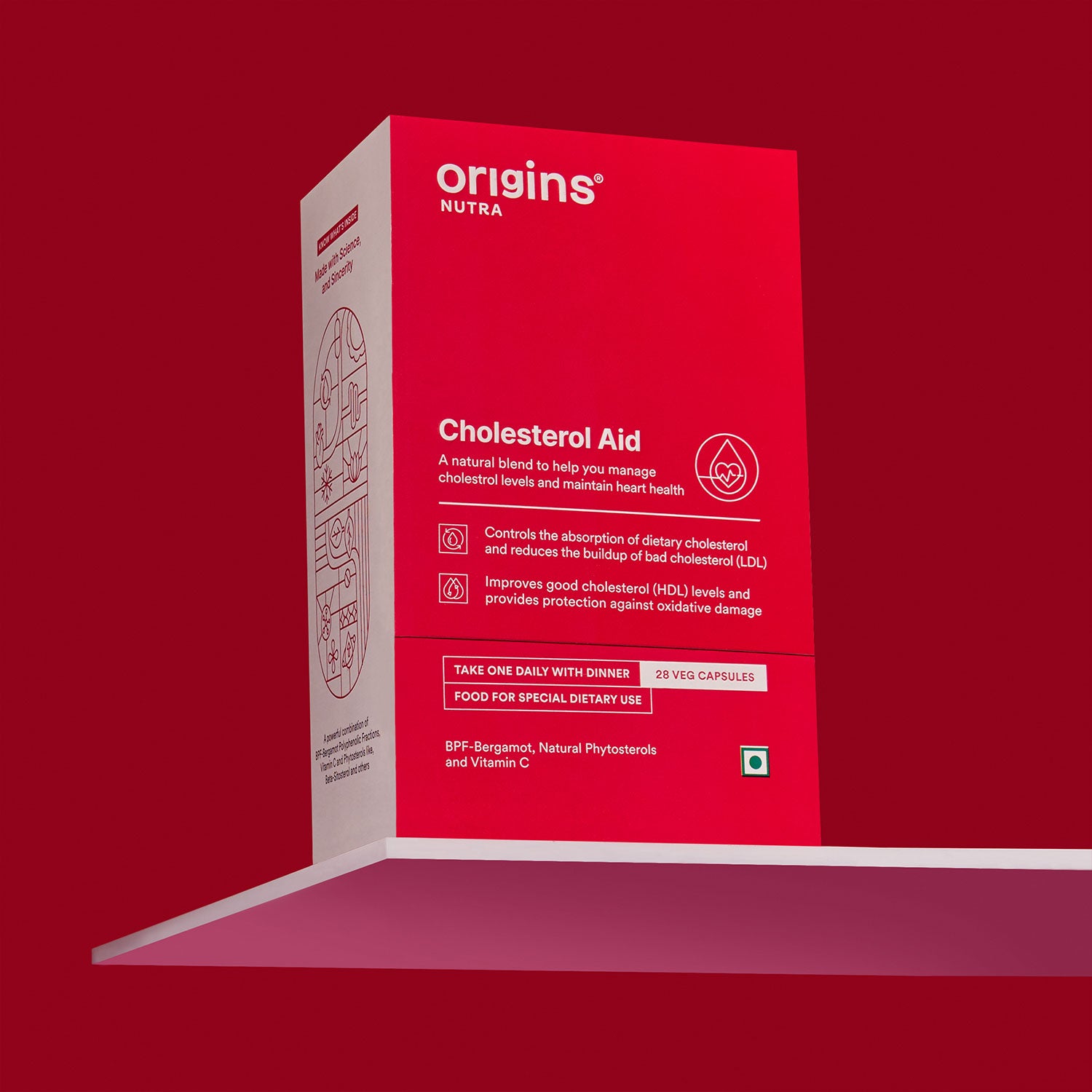
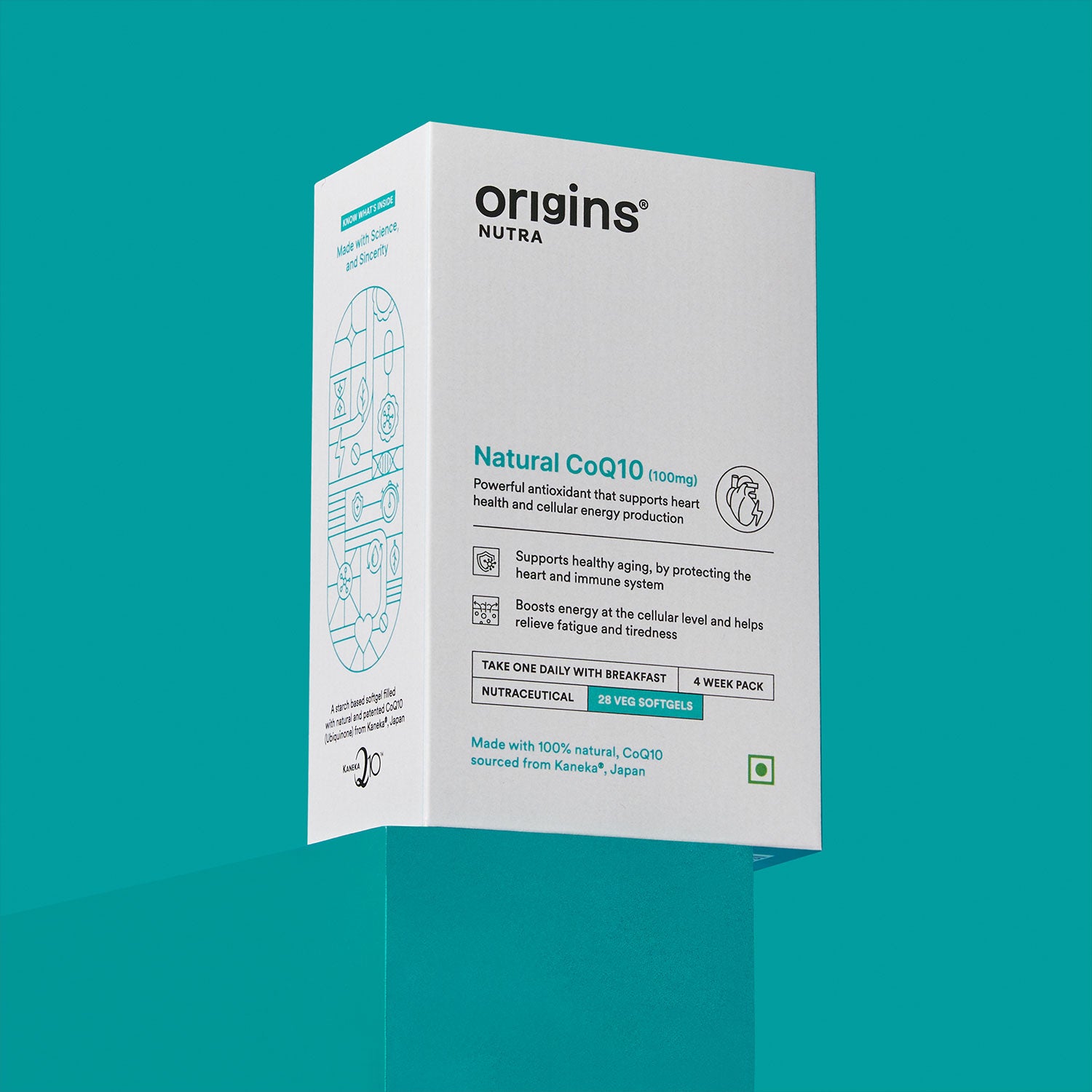
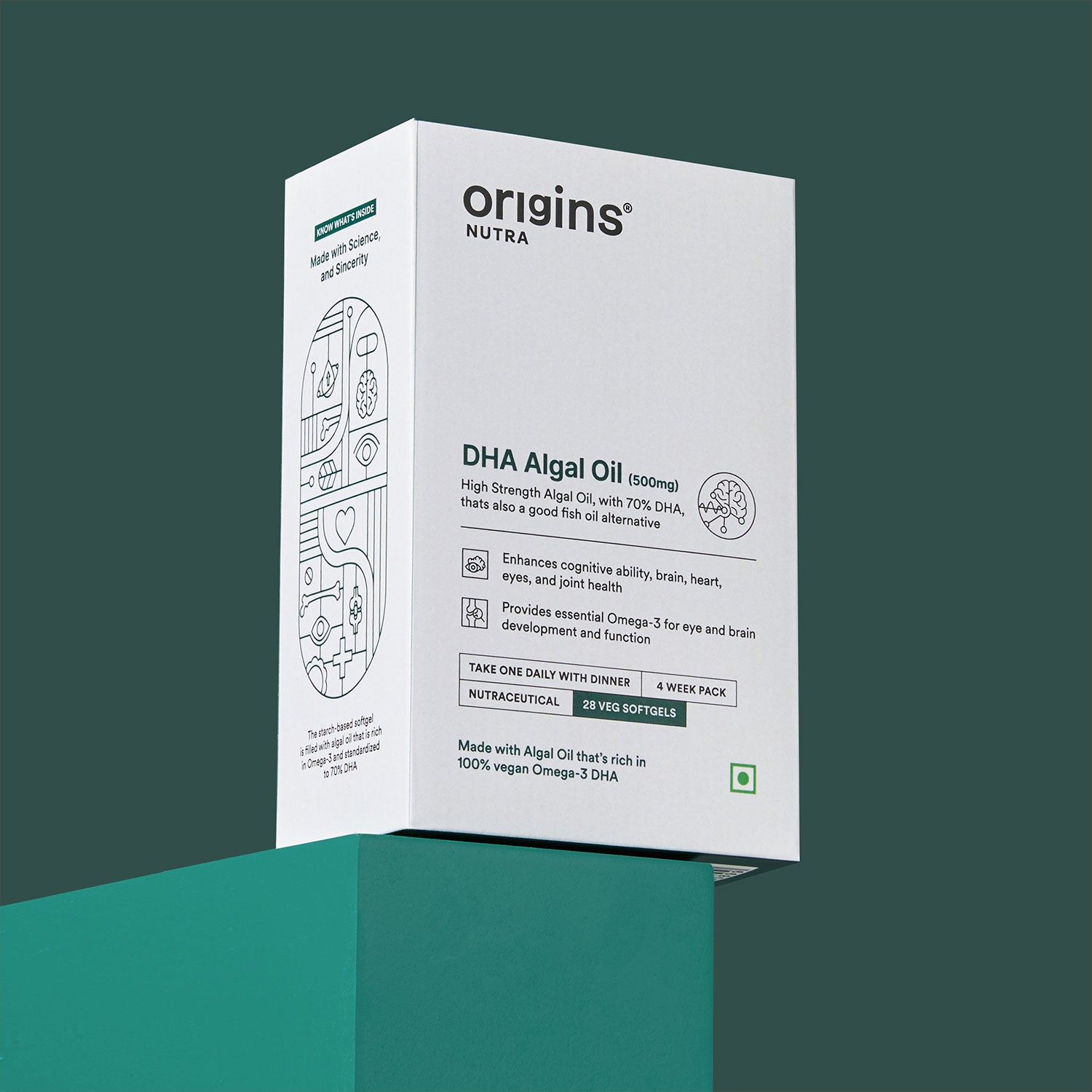
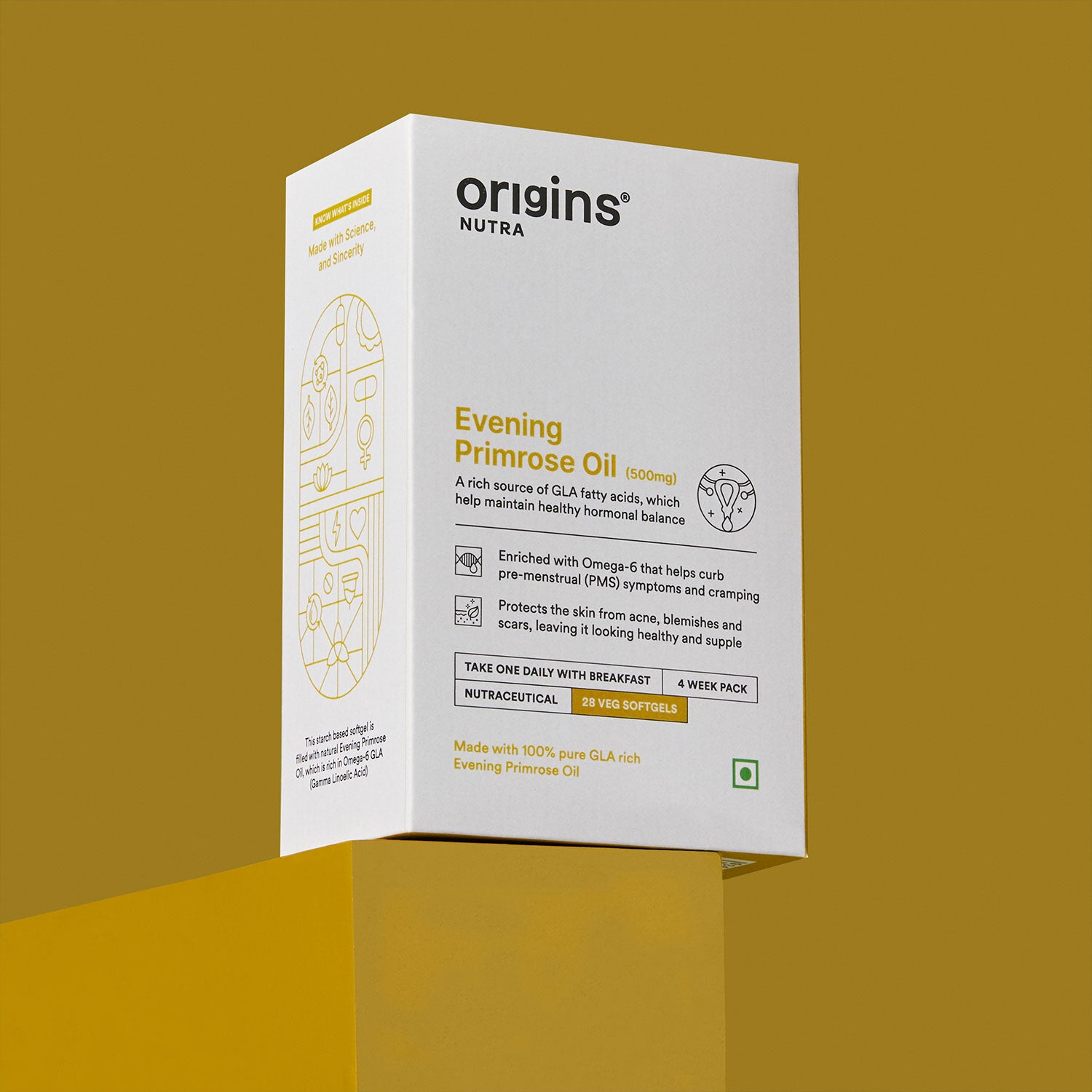
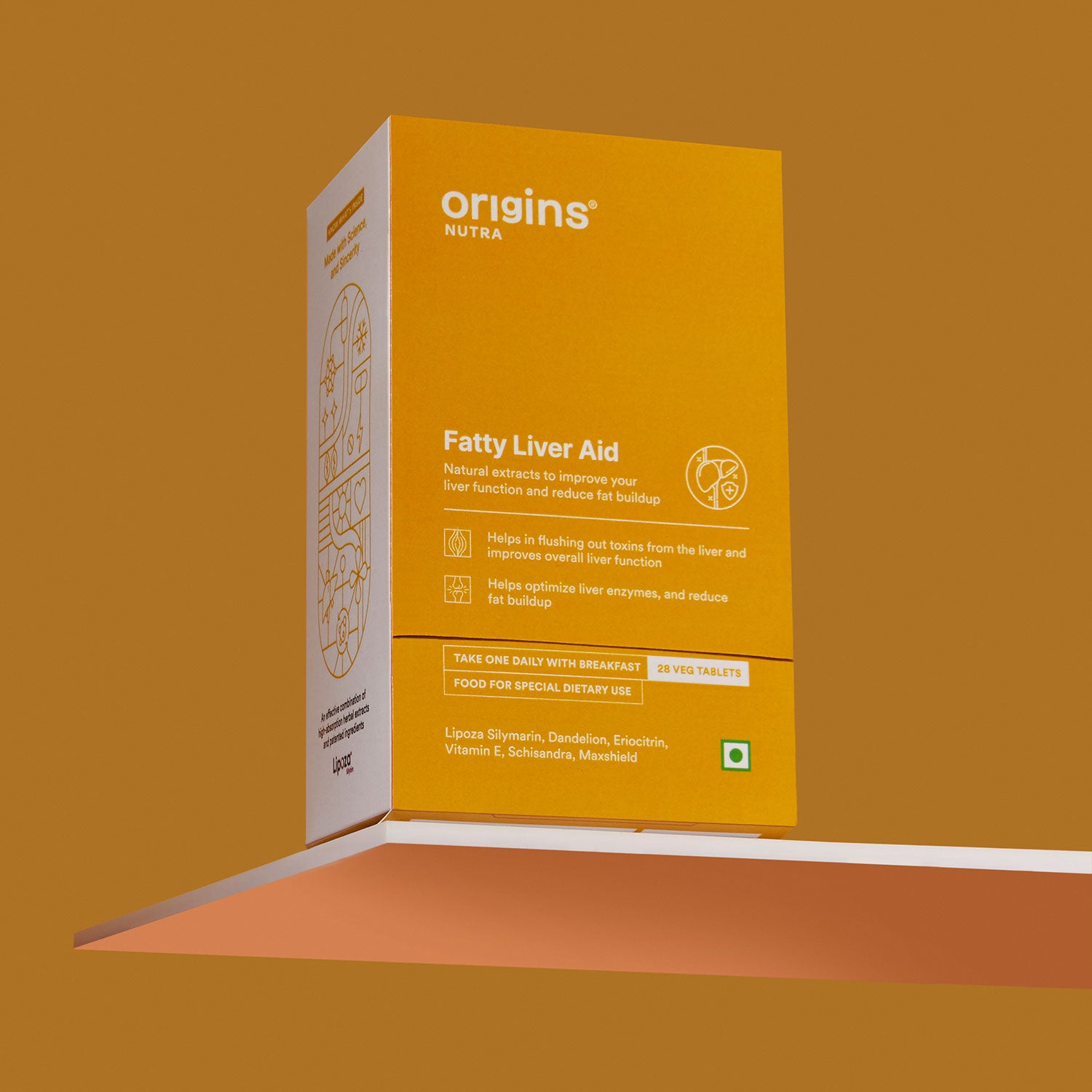
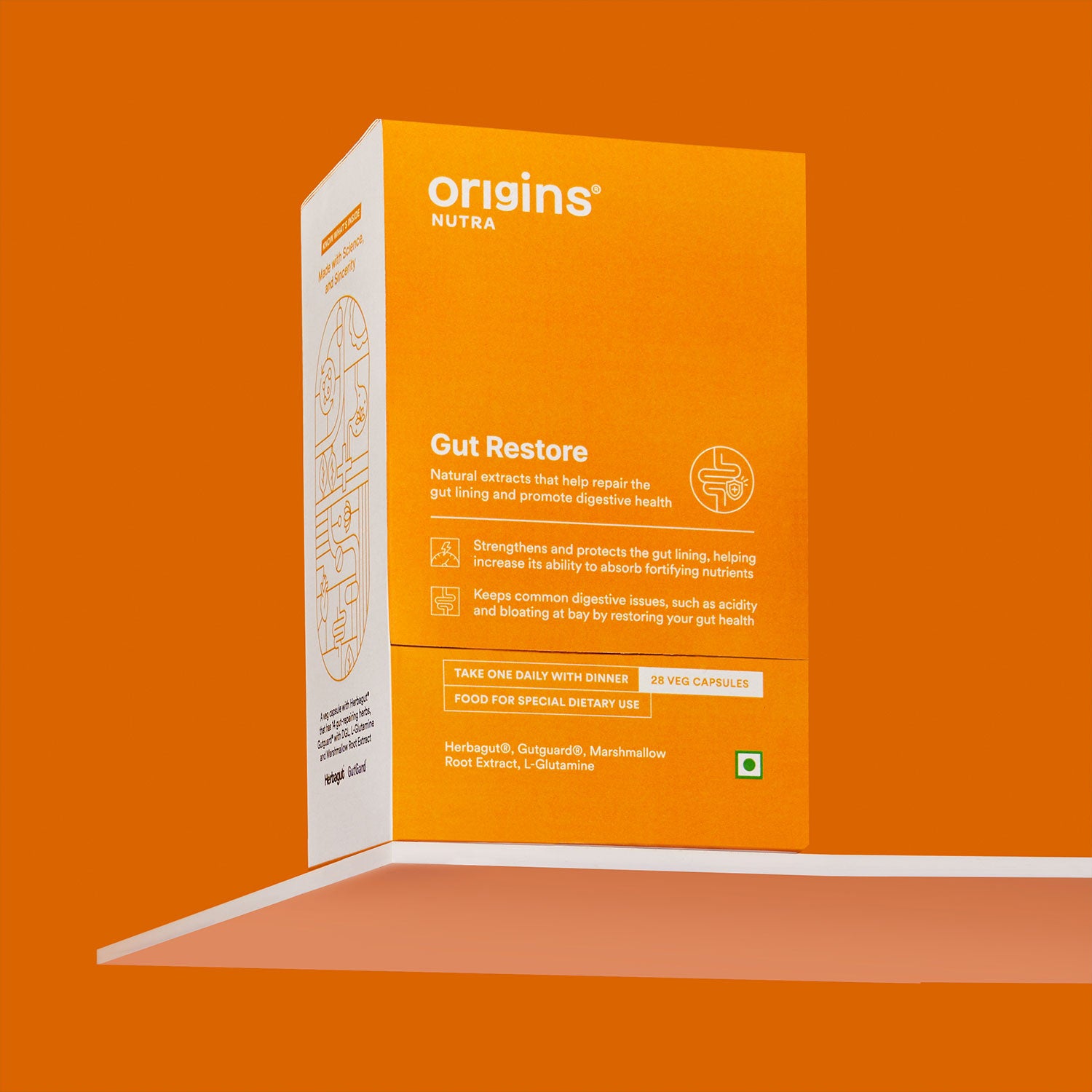
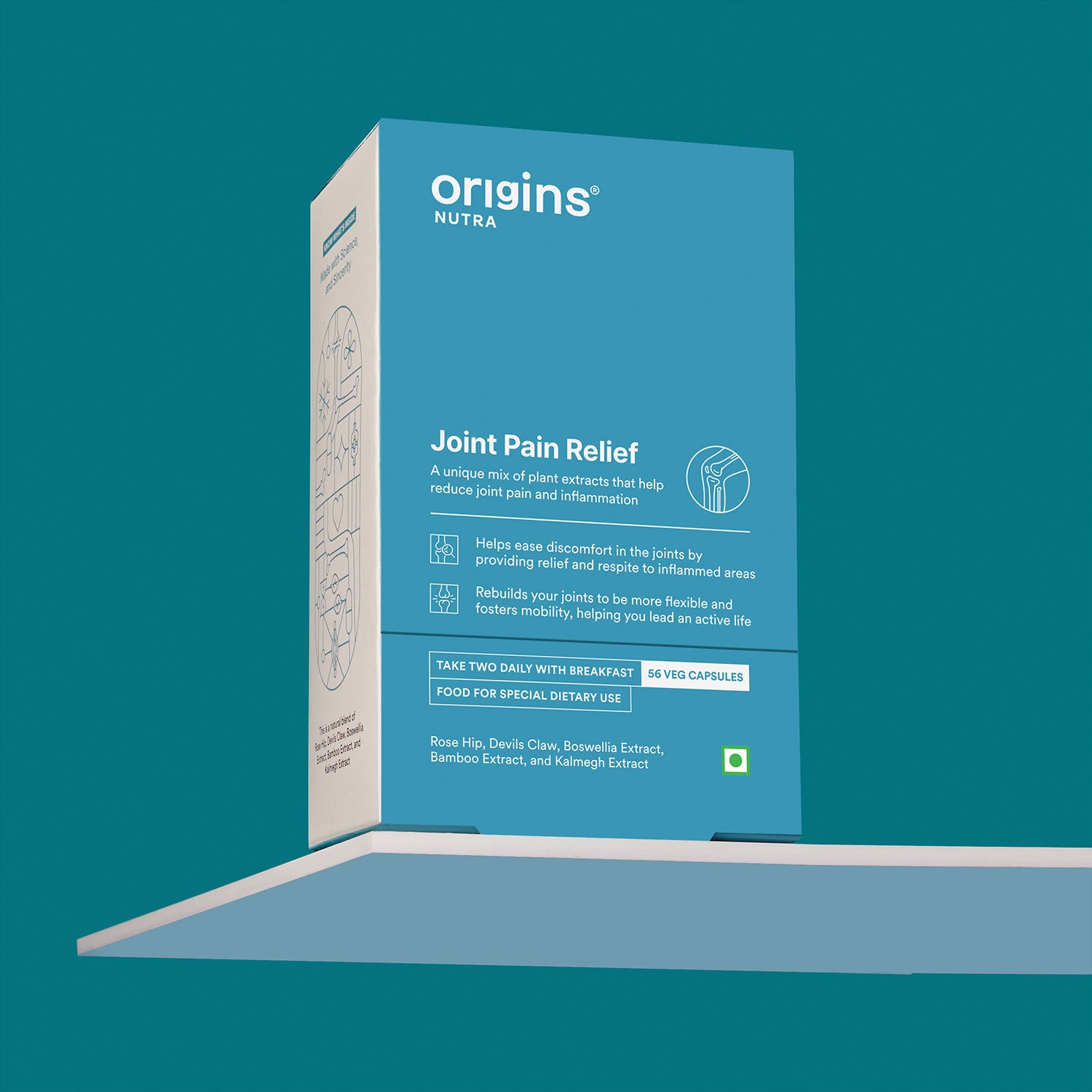
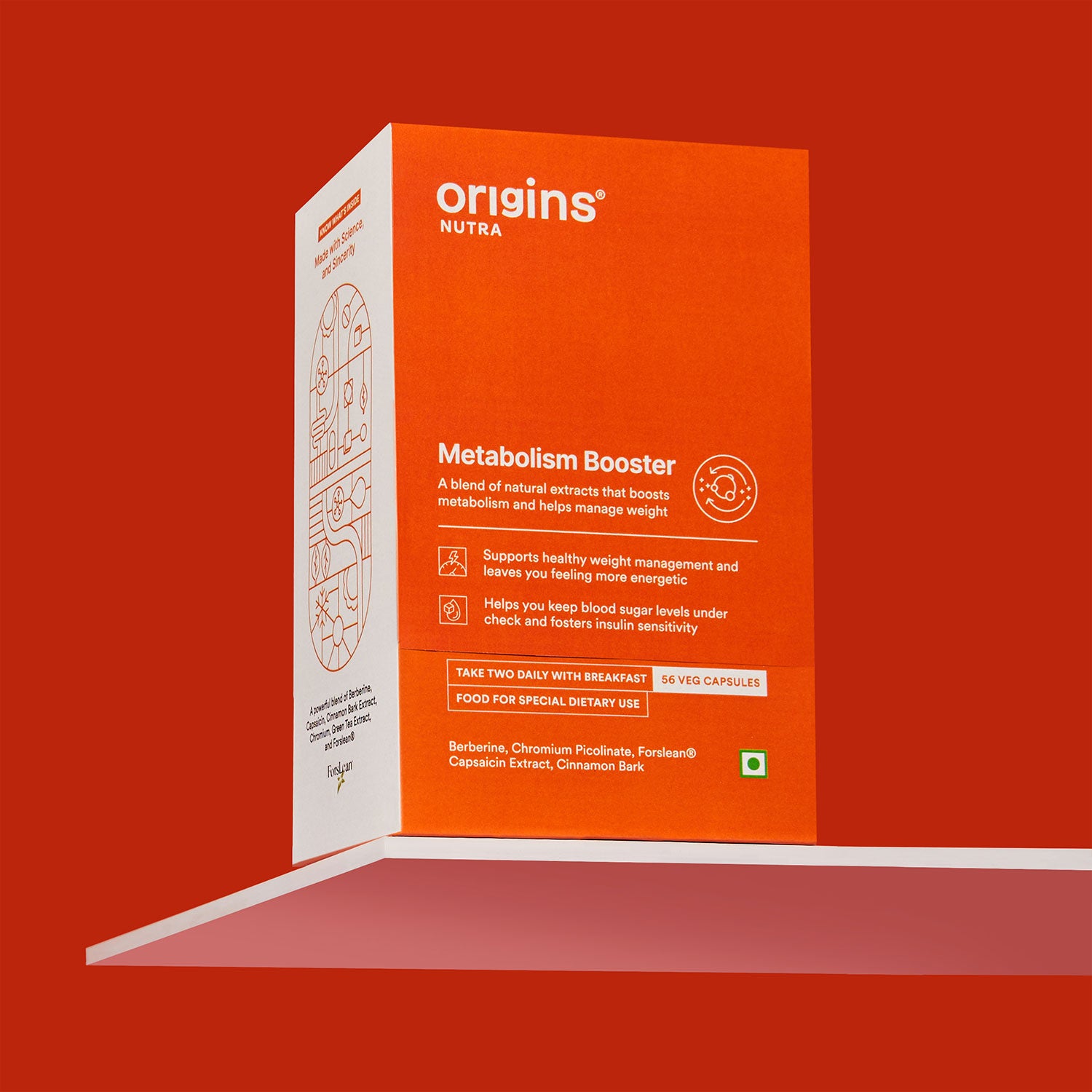
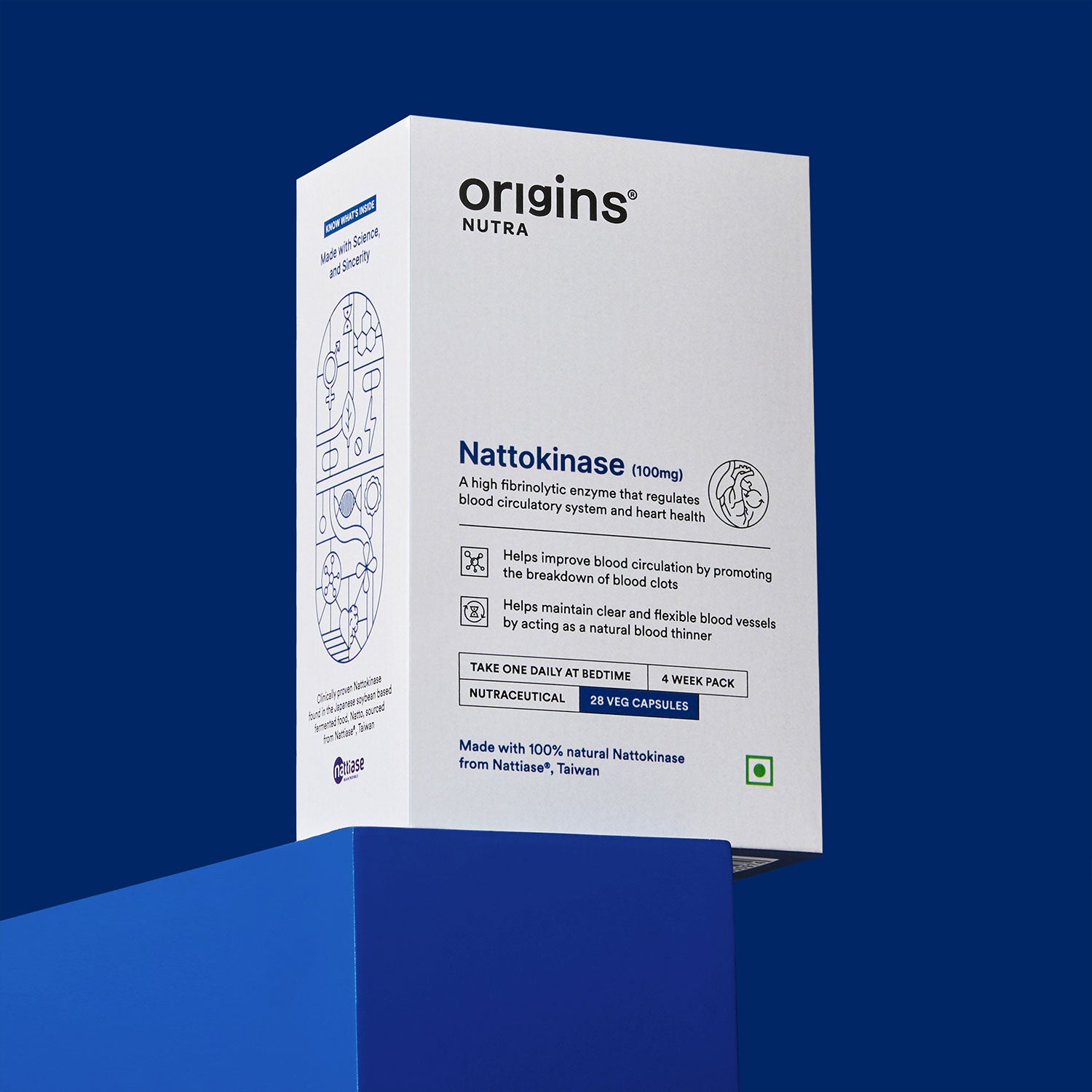
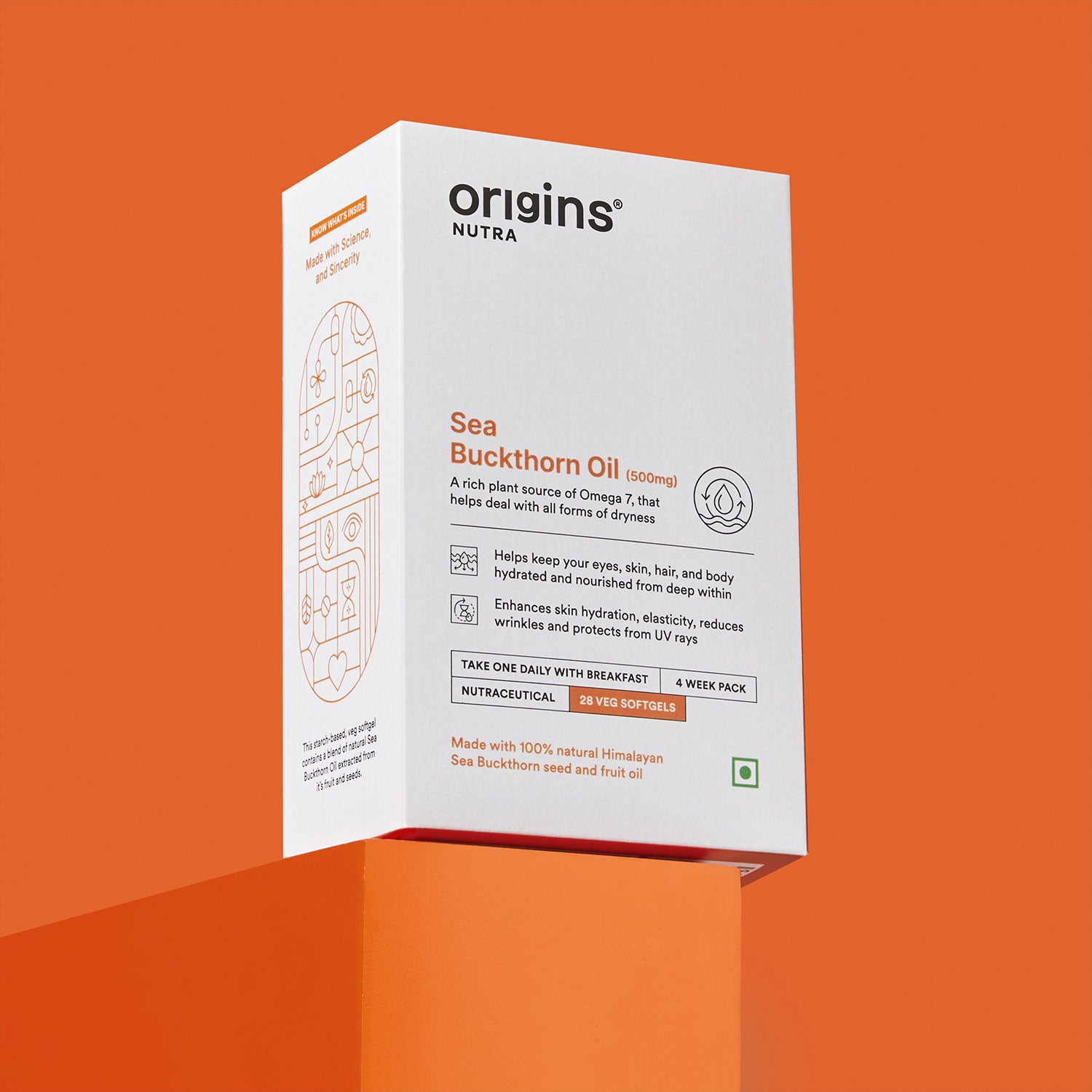
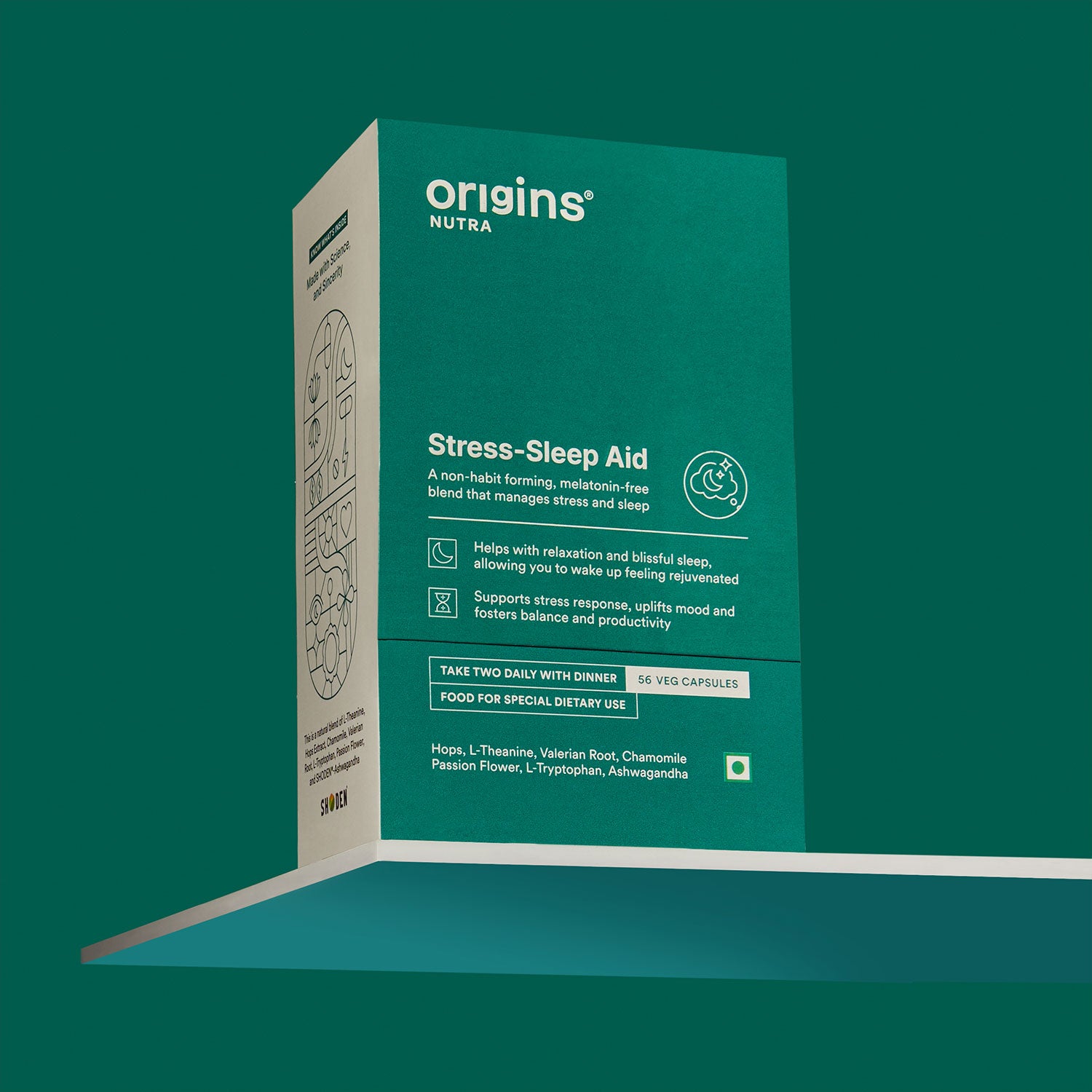
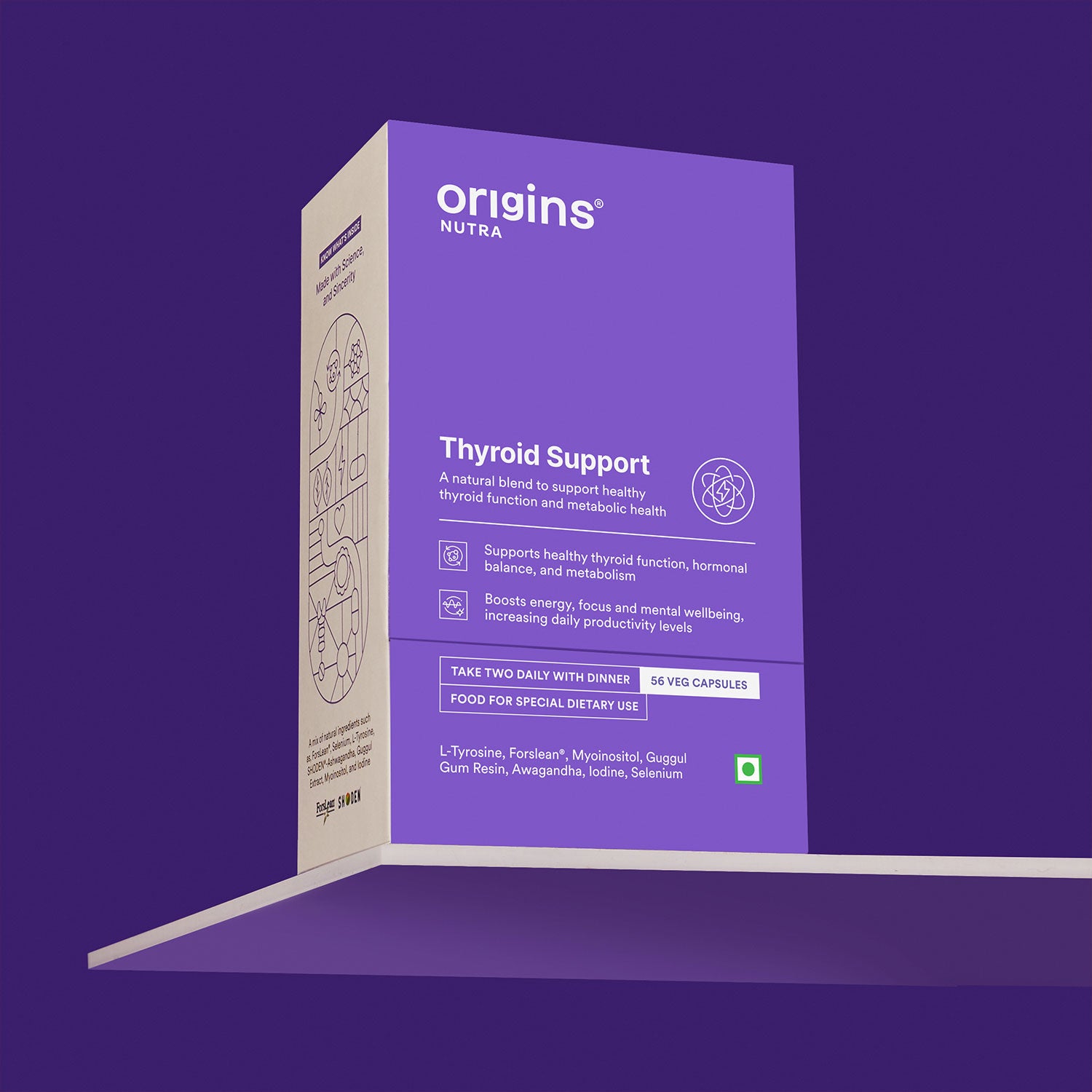
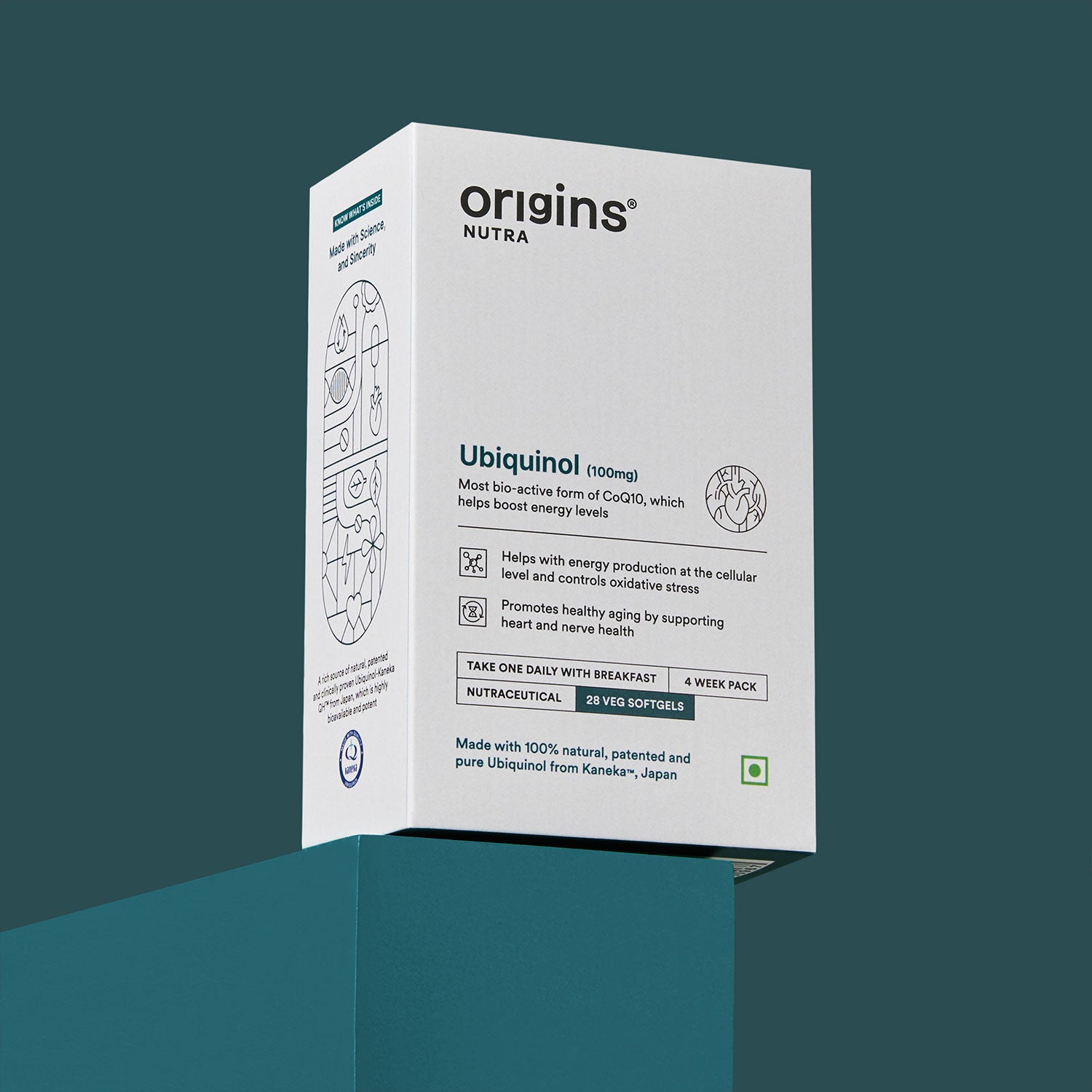





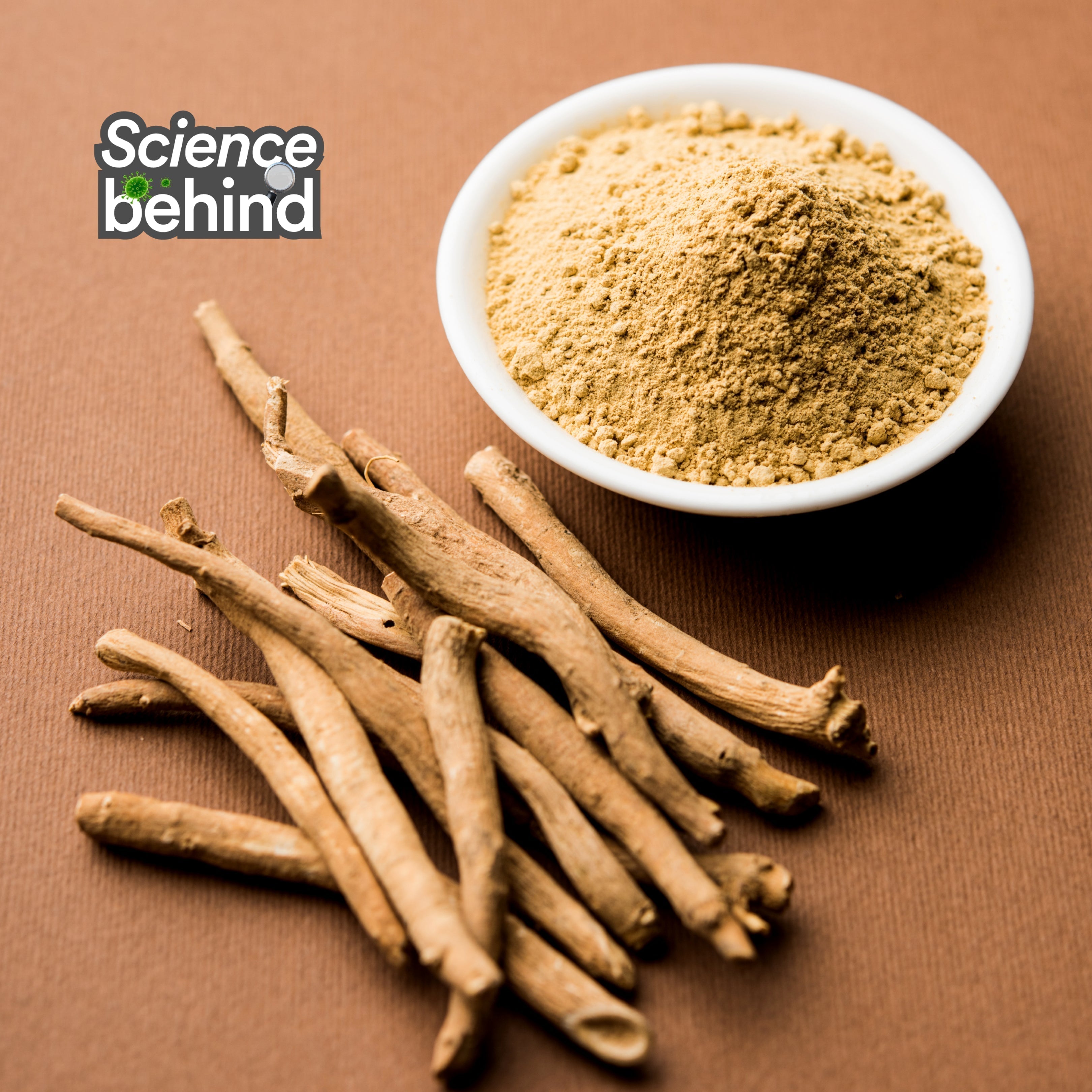




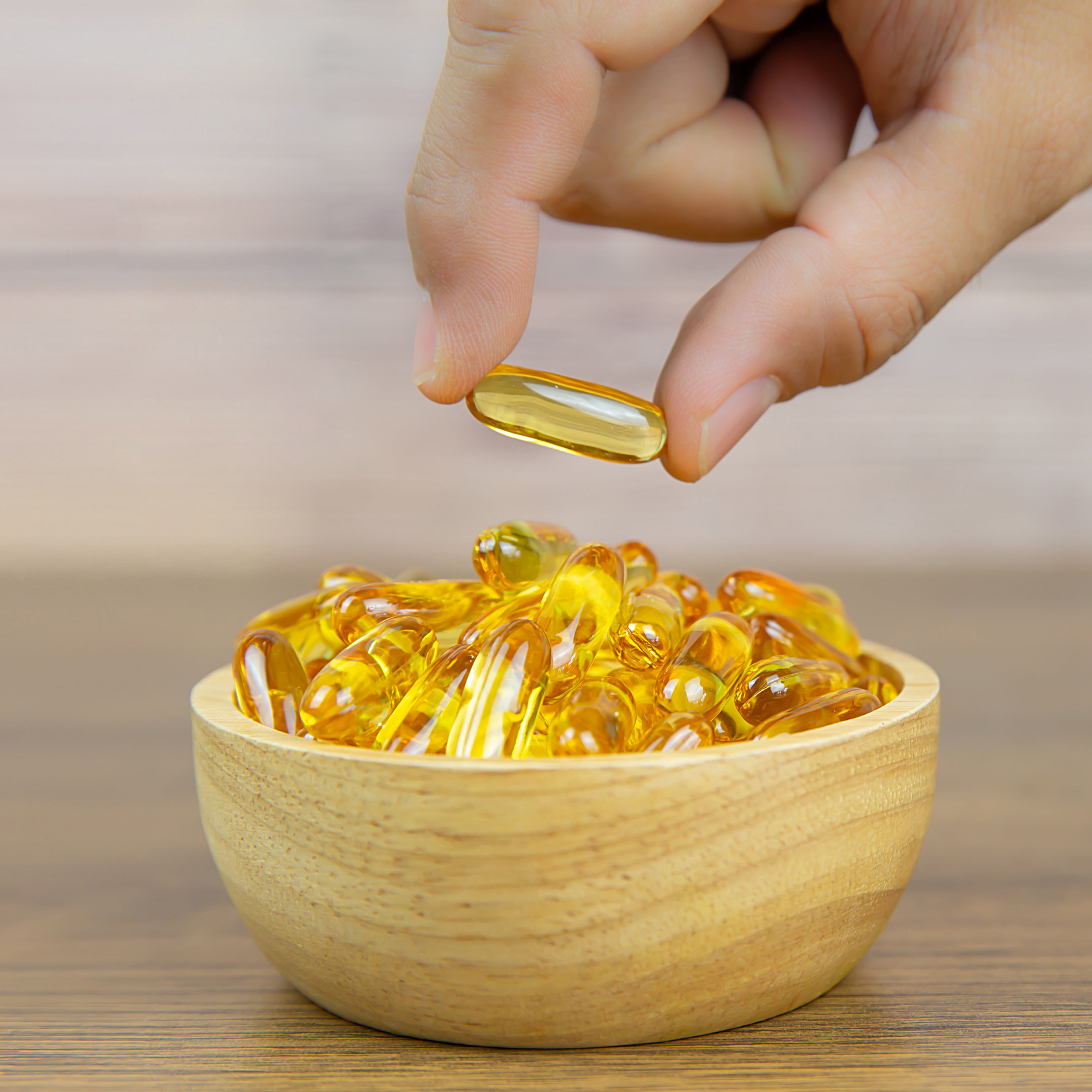


Leave a comment